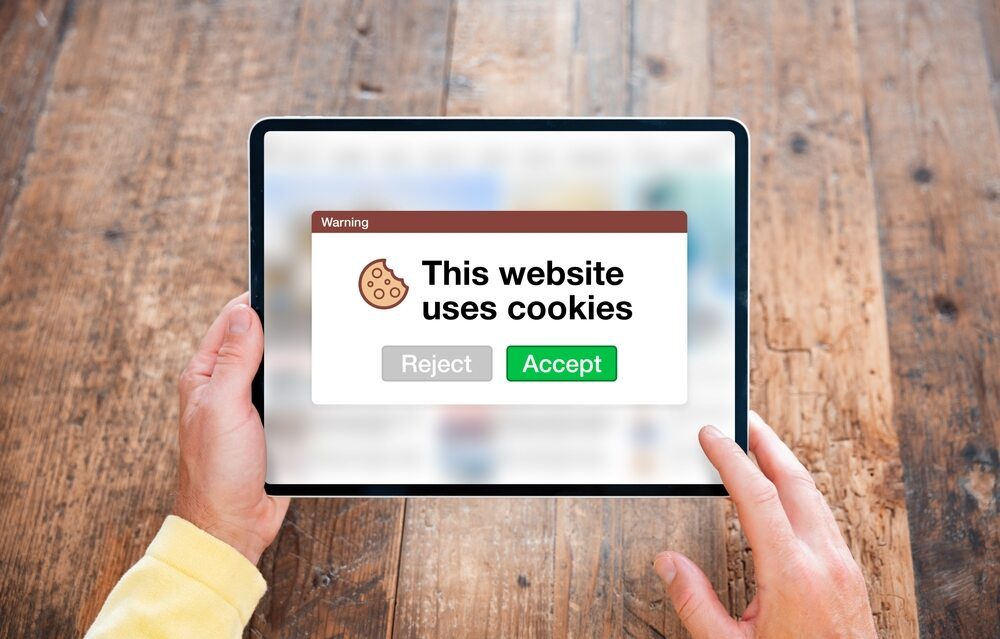Website cookies play a critical role in complying with Thailand’s Personal Data Protection Act (PDPA). Understanding what a cookie is and its implications for data privacy is essential for companies operating in the country.
This article will explore the significance of cookies in website functionality, their role in compliance, and how businesses can leverage Vinarco’s PDPA compliance services to simplify the process.
What Are Internet Cookies?
Cookies are small text files stored on a user’s device when they visit a website. These files collect and store data about user preferences, login details, and browsing activity. There are two categories of cookies:
Essential Cookies
Necessary for a website’s functionality, these cookies enable basic features like shopping carts, secure logins, and language preferences. They do not require user consent under Thailand’s PDPA as they are integral to the website’s operation.
Non-Essential Cookies
These cookies include analytics, advertising, and tracking cookies that collect user behavior data for personalization and marketing purposes. Non-essential cookies must comply with PDPA requirements, which mandate clear disclosure and user consent.
What are the Types of Internet Cookies
Understanding the types of cookies is crucial for managing their compliance under PDPA. Each type has distinct functions and uses, making it essential for businesses to manage them transparently.
Here’s a breakdown of four commonly used cookies:
Session Cookies
Temporary cookies that expire once the user closes their browser. These are typically used for managing user sessions during visits.
Persistent Cookies
These cookies are stored on a user’s device for a defined period to remember preferences or login details and enhance user convenience over repeated visits.
First-Party Cookies
Created by the website the user is visiting, these cookies store information like language preferences or cart contents.
Third-Party Cookies
Placed by external domains, these cookies track user behavior across multiple websites, often for advertising purposes.
How Do Cookies Work?
Cookies act as data collection mechanisms, storing a wealth of information about user behavior and preferences. They enhance website functionality and user experience by personalizing interactions and streamlining processes.
What Cookies for Websites Can Store
With user consent, here is a list of what data can be stored by using internet cookies:
- Login credentials and authentication
- User preferences, such as language or region
- Browsing history and activities
- Behavioral data for targeted advertising
Benefits of Cookies
What is the main benefit of cookies? They improve user experience by streamlining website navigation and personalizing interactions. They also enable essential functionalities, such as secure logins and session continuity, to facilitate operational efficiency.
Cookies provide valuable data and insights to optimize website performance and marketing strategies. However, these benefits must be balanced with robust privacy practices to build customer trust and safeguard brand integrity.
Legal Requirements for Cookie Usage Under PDPA

Thailand’s PDPA emphasizes user rights and transparency in data collection, making cookies a focal point for compliance. Without adherence to these regulations, businesses risk legal penalties and damage to their reputation. To comply with PDPA, businesses must ensure that their cookie practices align with legal standards.
Transparency and Consent
Businesses must disclose how they use cookies and the data collected. The website must display cookie banners with clear information about their purpose, which allows users to opt in or opt out of non-essential cookies. Cookie banners and consent management platforms help streamline compliance efforts, making it easier to handle user preferences and adhere to PDPA requirements.
User Rights
Companies must provide options for users to manage cookie settings and obtain explicit consent before using non-essential cookies. Users should also be able to withdraw their consent and manage cookie settings easily to ensure compliance with users’ requests regarding their personal data.
How Vinarco Helps Businesses with PDPA Cookie Compliance
Partnering with Vinarco simplifies the process of PDPA regulation compliance. Vinarco’s team of experienced consultants specializes in data protection and privacy, providing effective solutions for managing cookie compliance.
The services we offer include:
- Outsourced Data Protection Officer (DPO): Designate a professional who oversees compliance efforts and addresses privacy concerns.
- Comprehensive Audits: Assess your website’s cookie usage and compliance status.
- Policy Development: Create clear and compliant cookie policies.
- Consent Management: Implement and optimize cookie banners and user consent mechanisms.
- Training Programs: Equip your team with the knowledge to handle cookie-related data responsibly.
By outsourcing cookie compliance tasks to Vinarco, your company reduces its internal workload and improves efficiency. Our dedicated team provides reliable service and stays updated on data privacy laws to ensure consistent compliance with regulations.
Contact Vinarco today to learn about our consulting service and what we do to ensure website cookie implementation PDPA compliance.


